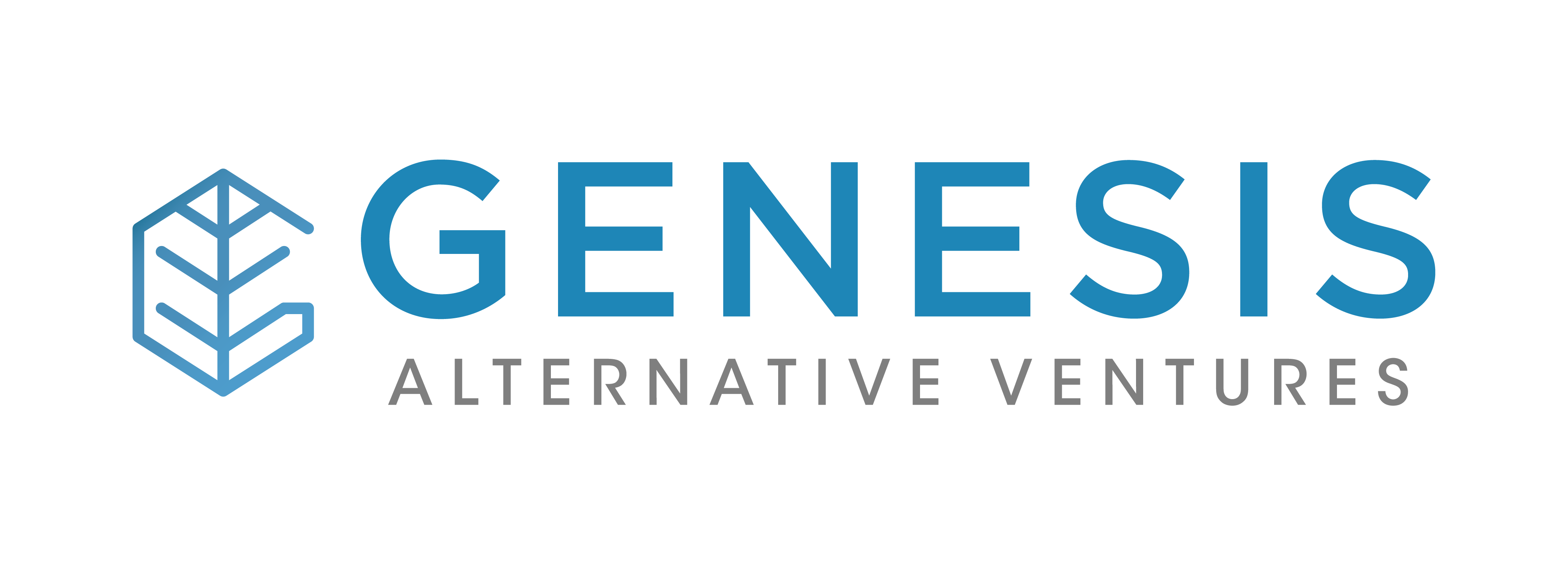Choosing the Right Venture Lender for Your Startup

Choosing the Right Venture Lender for Your Startup
Venture debt is a financing tool that can help startups achieve business milestones while being minimally dilutive to founders and early-stage investors. It can be used to extend the runway between equity raises, thus buying time for early-stage startups to hit key benchmarks. When used thoughtfully, venture debt can act as a catalyst for accelerated growth.
Just as you would meticulously evaluate a potential business partner or new hire, conducting due diligence on your venture lender is just as essential to ensure a mutually beneficial outcome. The criteria for choosing a venture lender closely mirror those for choosing a venture equity partner – but with a few important distinctions, which arise from the differences between debt and equity financing.
In this comprehensive guide, we unveil the critical steps for performing due diligence on your venture debt lender, helping you forge a partnership that straps rockets to your growth.
Assessing Added Value
Venture debt is more than just a loan. Scrutinize the value beyond the dollars – delve into the lender’s value add – operational acumen, industry connections, and advisory capabilities. Just as a venture equity partner brings expertise and a strategic network, a venture lender should ideally be able to advise on the technicality of your financial statements – are you over-spending on marketing, or why are you budgeting large overheads for staff expansion. You would also want a venture lender to bring their network and experience to significantly amplify your growth trajectory. Engage in candid conversations about their involvement in portfolio companies and how they’ve contributed to success.
For instance, at Genesis, our portfolio companies are integral to our community. We actively champion them to a diverse array of investors, partners, and clients, both within the virtual realm and offline arenas. (#GenesisStories)
Through Thick and Thin
The road to building a successful startup will be long and filled with potholes. Whether the loan spans one or three years, mutual trust will be very important. Throughout your interactions, ask yourself, “Am I dealing with someone who understands how a start-up grows? Will they stand shoulder-to-shoulder with us through the good times and bad?”
So speak to at least three of their Founders; ask about their lender’s behaviour during the COVID pandemic or recent tech funding winter. A venture debt partner who stands by your side through adversity is a valuable ally in ensuring your startup’s resilience and growth.
Mastering Key Terms
Unlike a venture equity firm’s term sheet, the one from your venture lender might throw some unfamiliar terms your way that are worth understanding in advance:
- Interest rate: This is the loan interest rate and be sure to know if it’s “fixed” or “floating”, “flat” or “annualized”. This makes a big difference in your repayments and cash flow.
- Duration of loan: This is typically one to three years depending on the working capital requirement and the venture lender’s fund life. Generally, longer-term loans are attractive as they allow more time for the capital to work and generate a return.
- Interest-only period: Given the cash-burn profile of startups, you can negotiate with your lender to defer paying the principal while servicing only the interest payments for an initial period of 3-6 months. In return, the lender may ask for additional upside, for example, more warrants or higher interest rates etc.
- Warrants: Warrants give the lender the right to purchase equity shares at a predetermined price at a future date. This usually amounts up to 20% of the loan principal amount.
- Fees: There are several fees that Founder’s should be aware of e.g. origination fee, legal fee which are typically mandatory and then there are other fees such as “Unused fees”, or “Closing fees”, that are in addition to interest payments.
- Prepayment Penalties: In the happy event where your cashflow is more positive than forecasted, you may wish to pay off your debt early. Examine the penalties for early payment and there are may be creative ways to structure these penalties to mutual advantage e.g. a sliding scale expressed as a percentage of the loan as the loan period draws to a close.
- Covenants: are “stress tests” that companies must meet e.g. minimum working capital, EBITDA, or revenue etc. Have a candid discussion with your lender regarding the rationale behind each covenant. Usually covenants are not meant to be putative in nature but to ensure that the startup practices financial discipline.
Due Diligence on Due Diligence
Finally, take a moment to find out how the lender conducts its own diligence. Inquire about their due diligence process, including the depth of research, the rigor of analysis, and the criteria they prioritise. A thorough, systematic approach to due diligence indicates a commitment to informed decision-making, which will serve as a strong foundation for your partnership.
TLDR? Here’s our playbook on doing due diligence on your venture lender.
